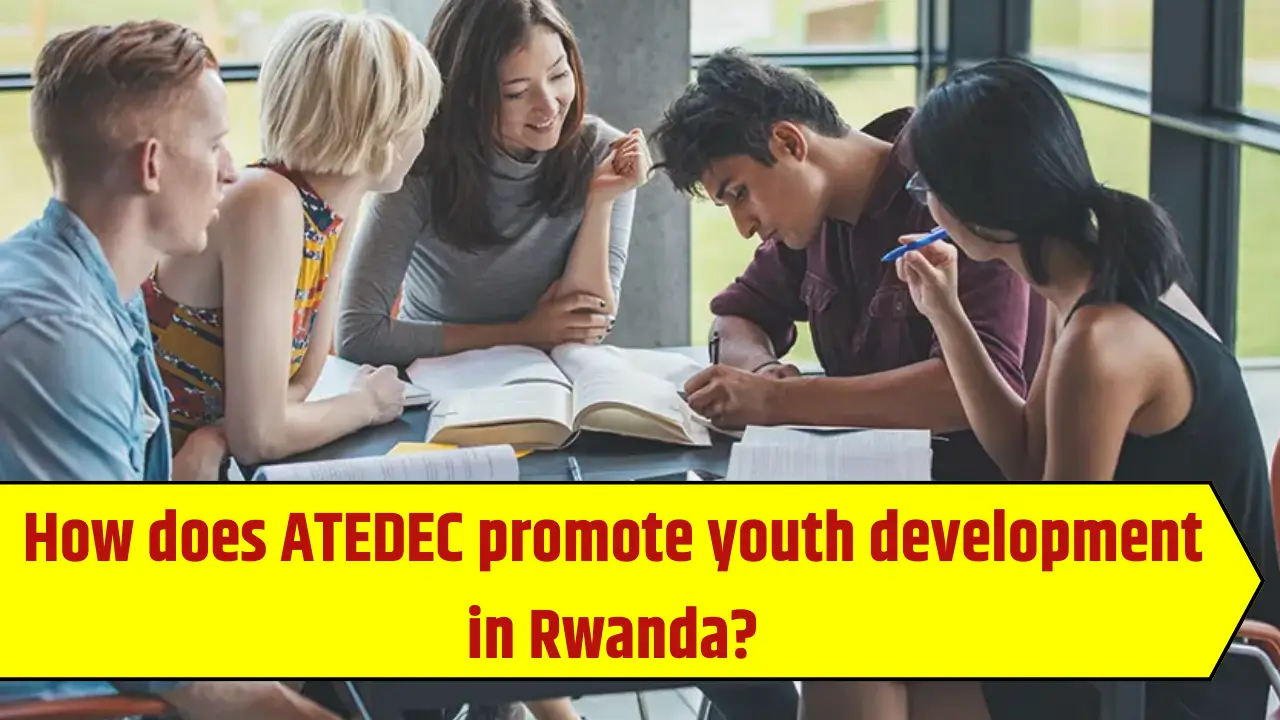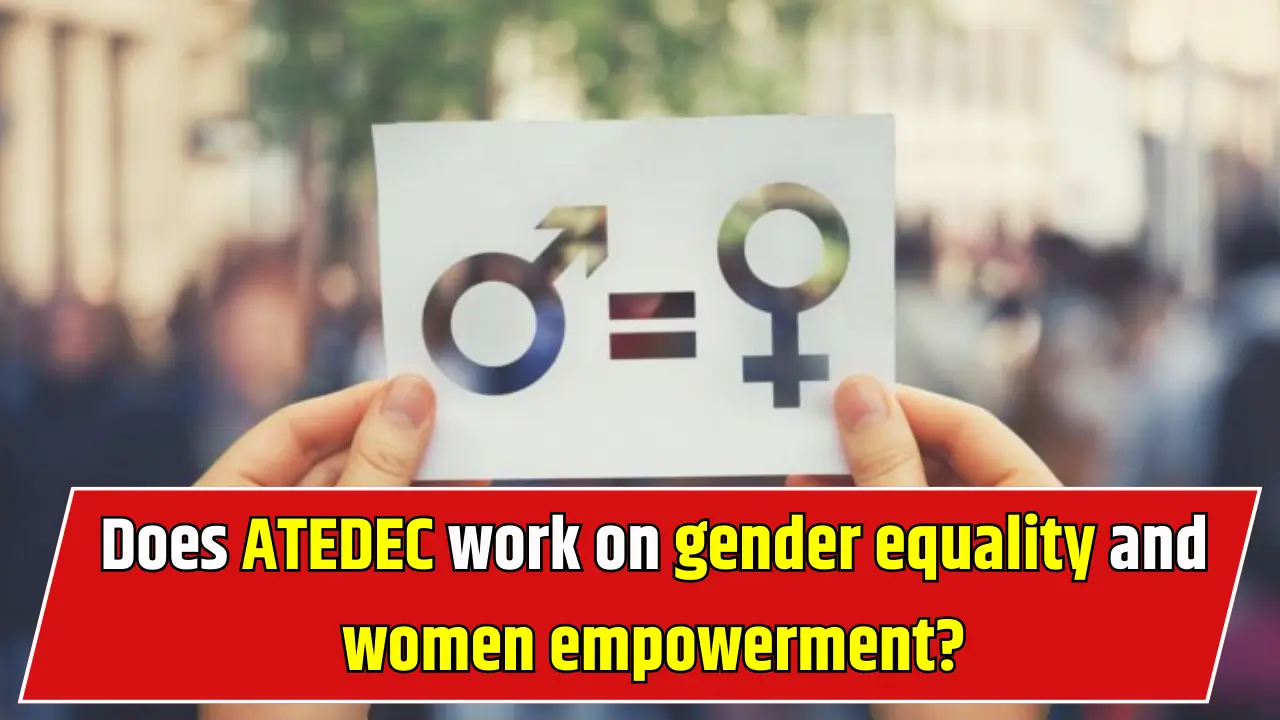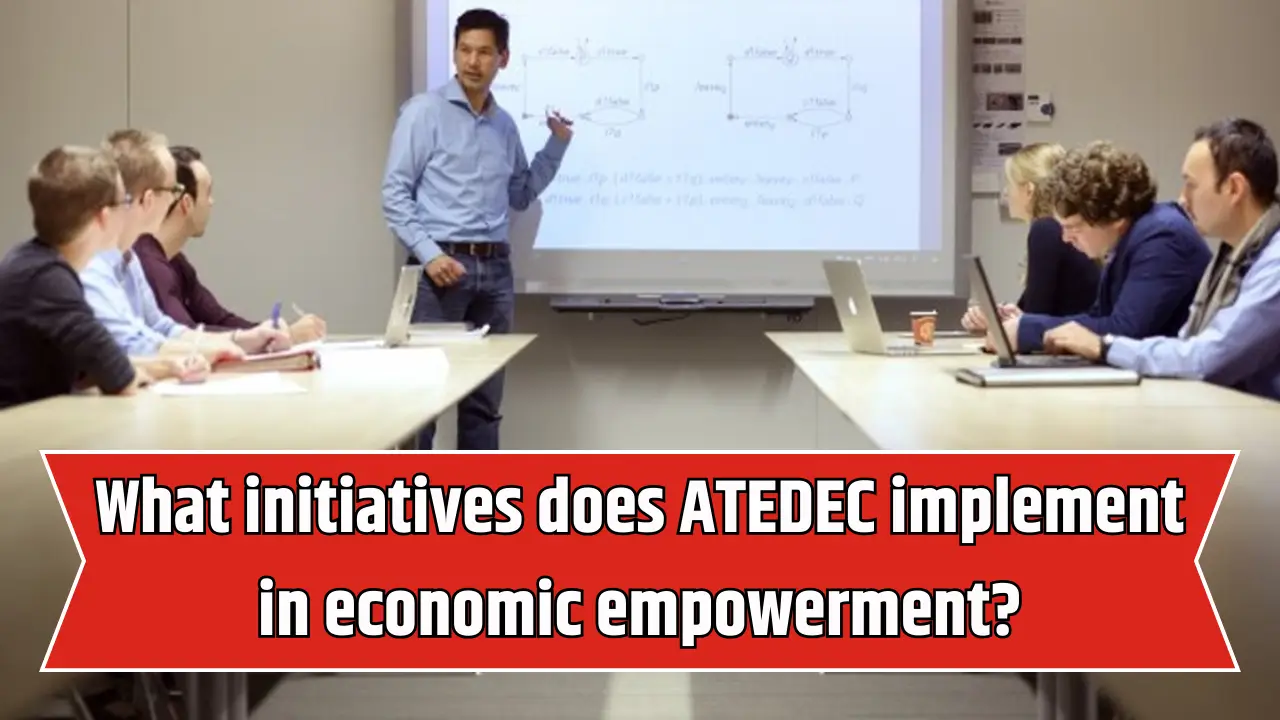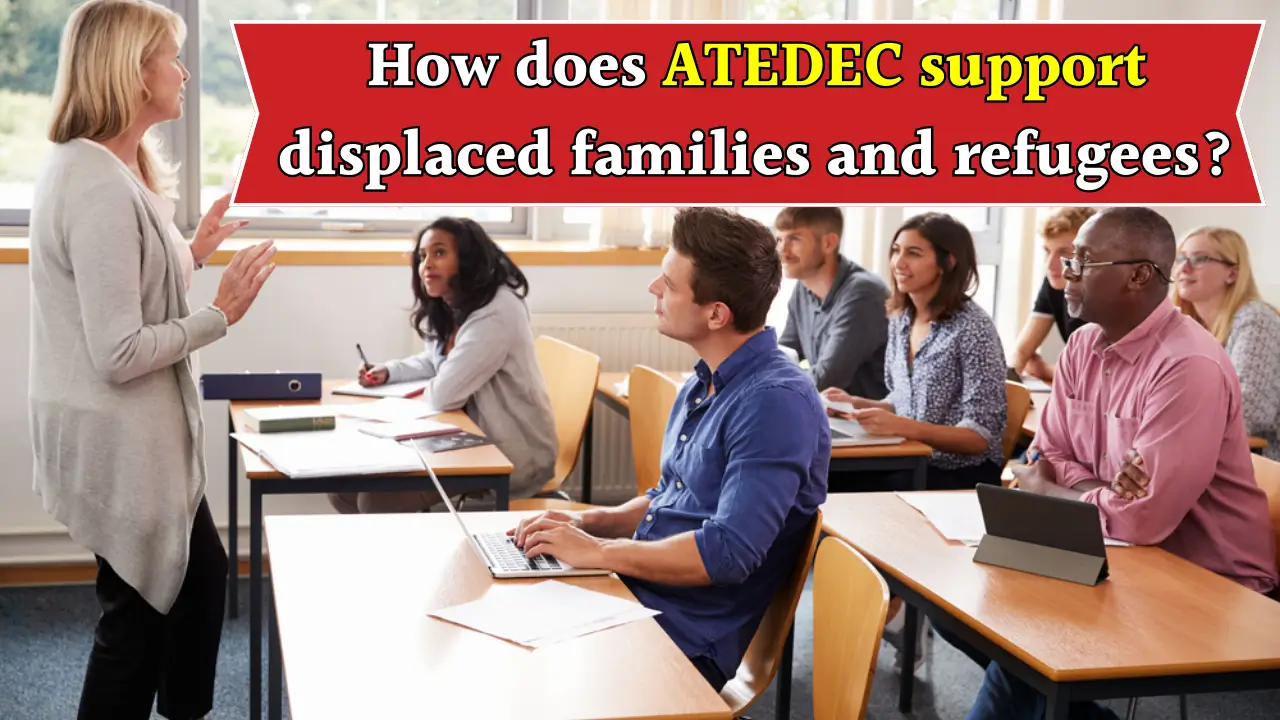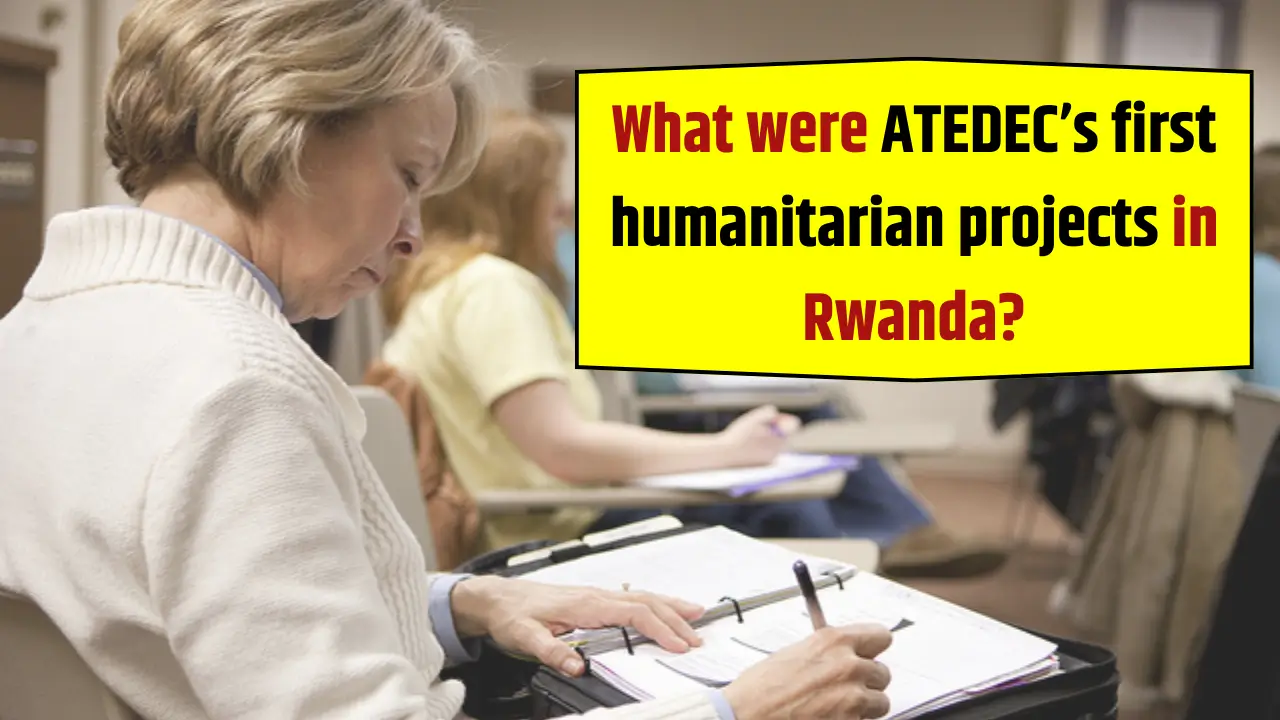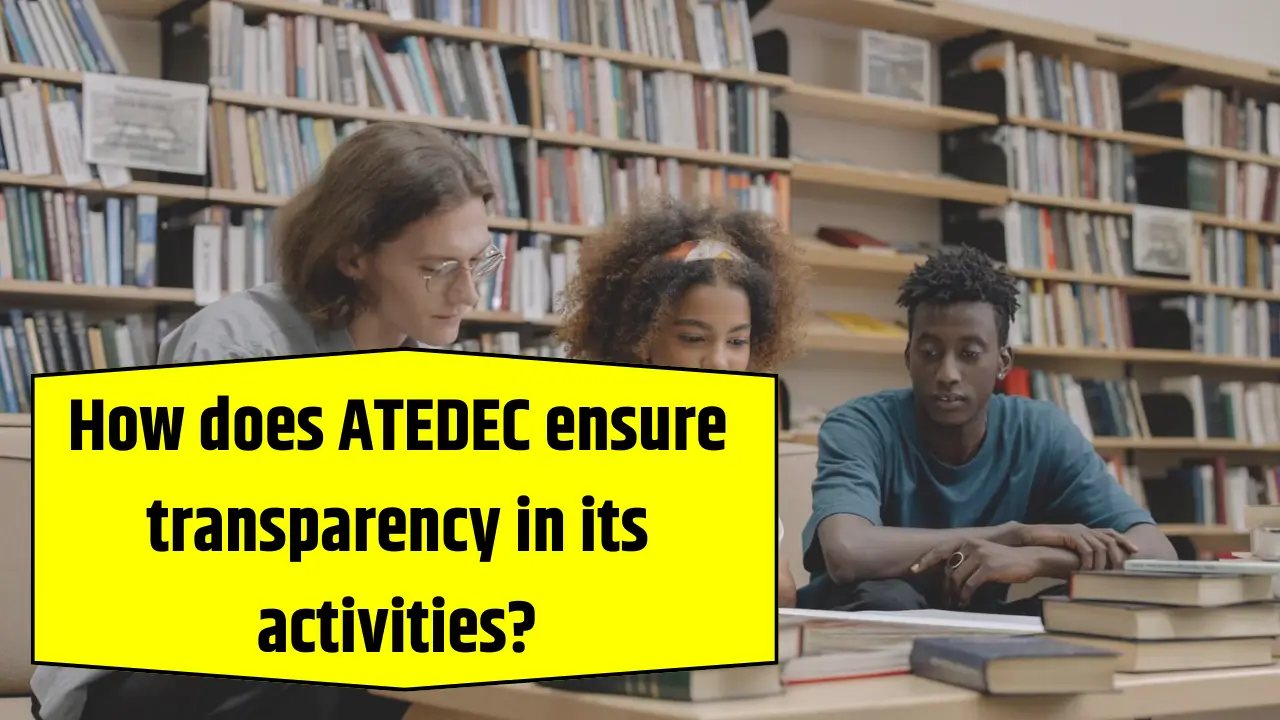ATEDEC (Action Technique pour un Developpement Communautaire) is an established NGO in Rwanda, working vigorously to foster youth development as a critical part of its mission towards sustainable community growth.
Understanding that Rwanda’s demographic is heavily youthful, ATEDEC prioritizes equipping young people with education, vocational skills, leadership opportunities, and social empowerment to enable them to contribute effectively to national development.
This article explores ATEDEC’s multifaceted approach to youth development, highlighting its key programs, objectives, achievements, challenges, and the latest 2025 updates that underscore its role as a linchpin in Rwanda’s youth empowerment landscape.
Understanding the Importance of Youth Development at ATEDEC
Youth constitute a significant proportion of Rwanda’s population. Their active participation in economic, social, and political life is essential for the country’s Vision 2050 goals. ATEDEC’s youth development work is anchored on:
- Reducing unemployment and poverty among youth through skills development.
- Enhancing education and vocation oriented towards market needs.
- Promoting civic engagement and leadership among young people.
- Supporting social inclusion and psychological well-being.
- Encouraging entrepreneurship and innovation.
Major Programs Promoting Youth Development
1. Vocational Training and Skills Development
- Training youth in in-demand trades such as carpentry, mechanics, tailoring, ICT, and agriculture.
- Designing market-driven curricula that match local and regional labor market demands.
- Collaborating with Technical and Vocational Education and Training (TVET) institutions to enhance the quality and relevance of skills.
- Providing work readiness training including communication, professional conduct, financial literacy, and entrepreneurship skills.
2. Formal Education Support
- Scholarships for marginalized youth, especially orphans and girls.
- Support to schools for improved teaching resources and infrastructure.
- Assistance in accessing secondary and tertiary education.
3. Youth Leadership and Civic Engagement
- Leadership training workshops on governance, conflict resolution, and community participation.
- Mentorship programs connecting youth with community leaders and professionals.
- Organizing youth forums and social activities encouraging teamwork and social responsibility.
4. Entrepreneurship Promotion
- Business development training for young entrepreneurs.
- Facilitating access to startup capital through microfinance and savings groups.
- Supporting establishment and management of youth cooperatives.
- Incubation and mentorship to help youth-led startups succeed.
5. Social and Psychological Support
- Psychosocial counseling for vulnerable youth including those affected by genocide and displacement.
- Programs promoting positive social norms and inclusion.
- Sports and cultural activities aimed at social integration.
Impact and Achievements
| Program Area | Achievements | Impact Indicators |
| Vocational Training | Trained thousands of youth in technical skills annually | High job placement and self-employment rates |
| Education Support | Provided scholarships and materials to vulnerable youth | Improved school retention and academic success |
| Leadership and Engagement | Developed youth leaders across multiple communities | Increased youth participation in governance |
| Entrepreneurship | Supported youth startups with training and microloans | Growing number of sustainable youth-led businesses |
| Psychosocial Support | Counseled hundreds of vulnerable youth | Enhanced mental health and social cohesion |
Challenges Faced
- Resource constraints limiting the scale of programs.
- Gaps in employment opportunities despite training.
- Cultural barriers affecting female youth participation.
- Need for constant adaptation to evolving market needs.
- Psychological challenges for trauma-affected youth.
Latest Updates and Innovations (2025)
- Digital Skills and AI Training: Introducing coding bootcamps and digital literacy workshops targeted at youth to prepare them for the digital economy.
- Expanded Apprenticeship Schemes: Strengthening partnerships with private sector companies to provide hands-on internships.
- Youth Entrepreneurship Hubs: Creation of incubation centers offering mentorship, business coaching, and networking opportunities.
- Psychosocial and Wellness Programs: Enhanced trauma-informed care and peer-support networks.
- Global Partnerships and Funding: Increased collaboration with international donors and institutions to scale impactful youth programs.
- Inclusion Focus: Special initiatives for disabled youth and young women to close equity gaps.
Summary Table: ATEDEC Youth Development Program Overview
| Program Focus | Core Activities | 2025 Strategic Innovations |
| Vocational Training | Technical skills, work readiness training | Inclusion of AI and digital skills modules |
| Education Support | Scholarships, school infrastructure support | Scholarships for girls and disabled youth |
| Leadership Development | Training, mentorship, youth forums | Virtual leadership platforms |
| Entrepreneurship | Business training, microfinance, incubation | Youth hubs, startup accelerators |
| Psychosocial Support | Counseling, social inclusion events | Peer support groups, trauma-informed care |
Conclusion
ATEDEC plays an indispensable role in nurturing Rwanda’s youth through comprehensive education, skills development, and empowerment programs.
Its efforts not only equip young people with the tools necessary for employment and entrepreneurship but also foster leadership, social responsibility, and psychological resilience.
In a country where the youth make up a large portion of the population, ATEDEC’s investment in youth development is a key contributor to Rwanda’s transformation agenda and Vision 2050 aspirations.
By continuously innovating and expanding its programs, ATEDEC remains a vital catalyst in building a skilled, motivated, and inclusive young workforce ready to lead Rwanda’s future progress.
